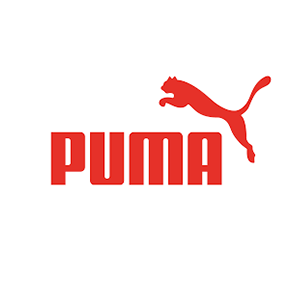 Sports apparel brand Puma pioneered and released their first Environmental Profit and Loss Statement (EP&L) in 2011. Puma’s EP&L, developed in partnership with PriceWaterhouseCoopers and Trucost, is an effort to transparently calculate the cost of its actions on the environment across the entire supply chain, following the traditional Profit and Loss Statement (P&L) approach.
Sports apparel brand Puma pioneered and released their first Environmental Profit and Loss Statement (EP&L) in 2011. Puma’s EP&L, developed in partnership with PriceWaterhouseCoopers and Trucost, is an effort to transparently calculate the cost of its actions on the environment across the entire supply chain, following the traditional Profit and Loss Statement (P&L) approach.
The EP&L calculates the monetary cost of environmental impacts such as emissions, water consumption, waste, and impacts of land-use using recognized ecological and economic measuring techniques. The EP&L also assesses the value of the social and environmental benefits generated by the company including the creation of jobs, tax contributions and business growth.
The EP&L reveals that the company’s brand wide environmental impact was EUR 145 million (EUR 94 million for GHG emissions and water consumption and EUR 51 million from land use, air pollution and waste). By valuing its impact on natural capital, Puma is able to prioritize hot spots to address in its business strategy. The EP&L helps locate specific supply chain and regional impacts. For example, the EP&L report identified that the majority of Puma’s waste was generated in the Asia Pacific region. Although these costs have no impact on the company’s actual net earnings they help pinpoint areas to tackle in coming years in anticipation of regulatory, supply chain and resource pressures.
Puma’s revolutionary approach with the EP&L is aimed at changing how companies treat accounting practices and increasing the sustainability performance metrics available to investors and customers.
Puma Executive Chairman Jochen Zeitz says “I sincerely hope that the Puma EP&L and its results will open eyes in the corporate world and make the point that the current economic model…must be radically changed. A new business paradigm is necessary and a transformation of corporate reporting will be central to this – one that works WITH nature and not AGAINST it.”
Puma’s approach to the EP&L is set to be adopted by Puma’s parent company, PPR, across its entire brand portfolio which includes luxury fashion brands such as Gucci, Yves Saint Laurent and Bottega Veneta.

Finance Community
Engage the financial community, including investor shareholders, bankers, insurers and accountants, on the opportunities and benefits of sustainable business models.
